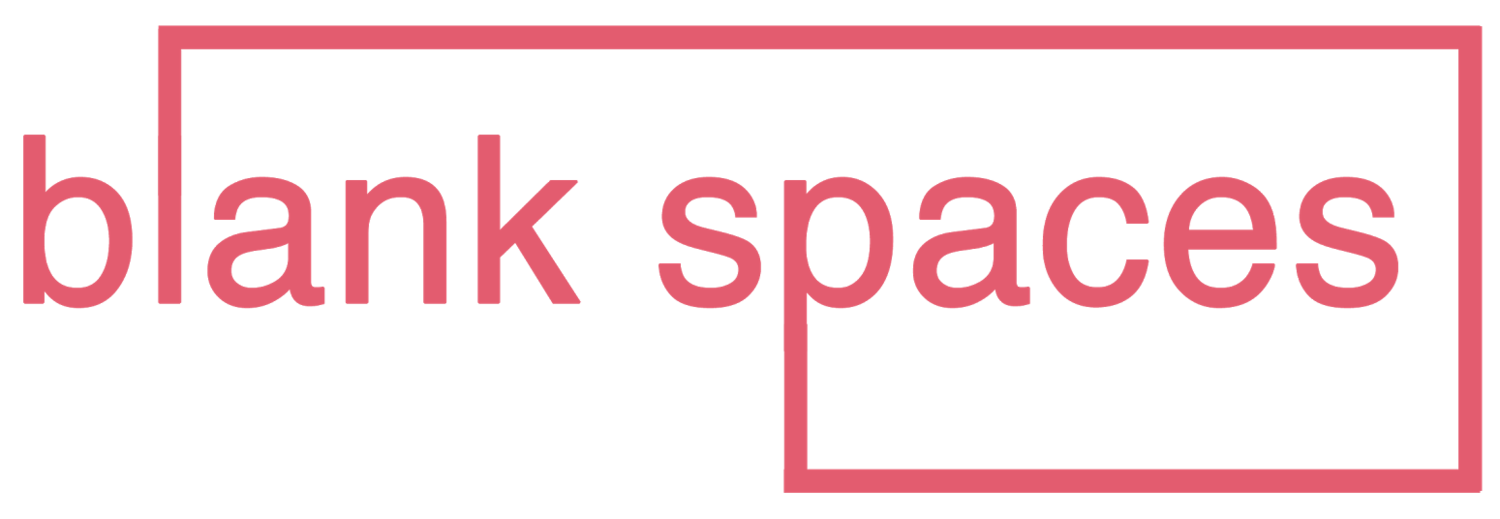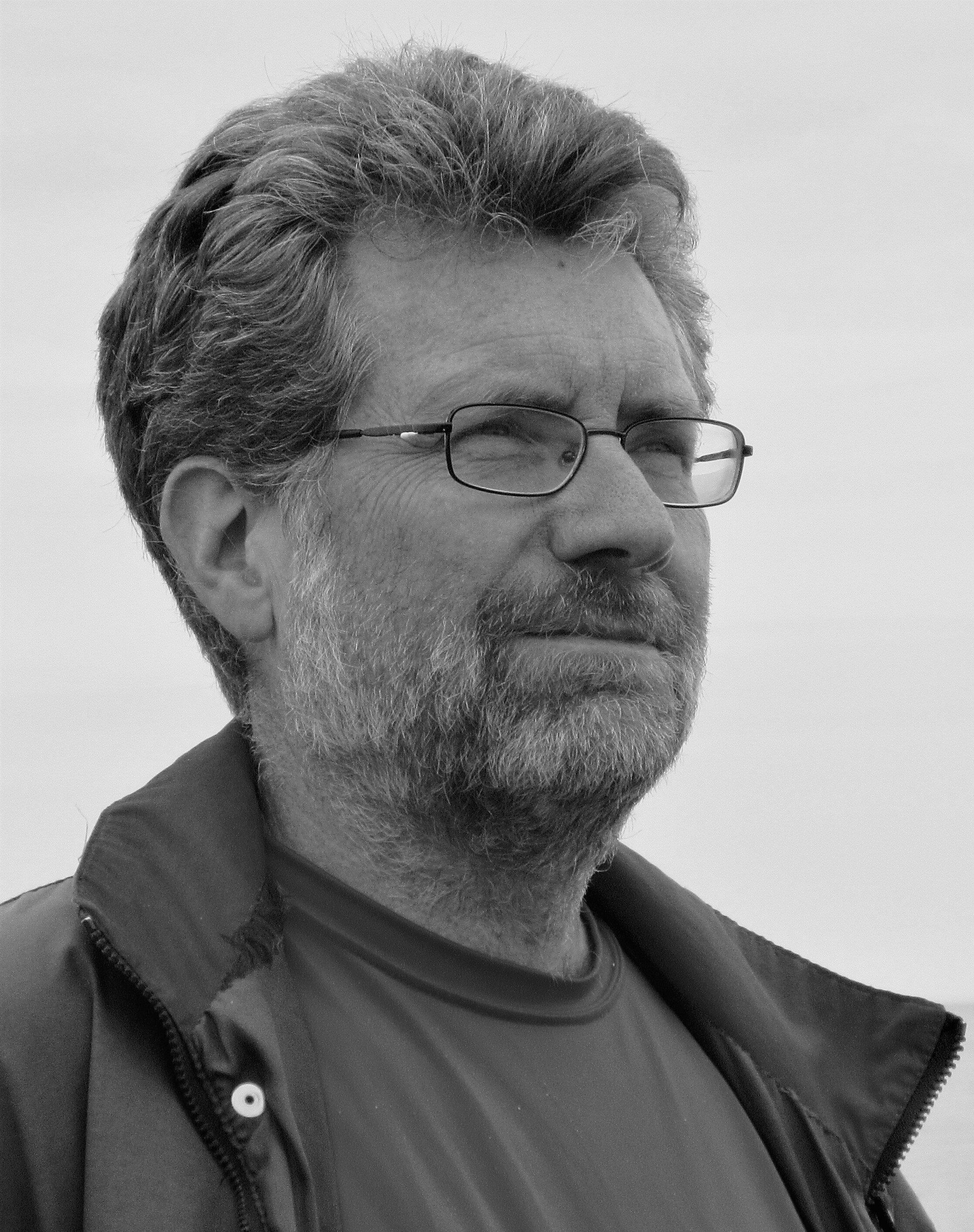Coffee Chat with Brian Moore
Pour yourself a nice steaming cup and settle in to get to know Brian Moore a little better.
Tell us a bit about yourself. Who are you? Where are you located? Do you have a day job?
I am now retired and living in Toronto. For several years I worked as a project manager in a bank and was previously a librarian and an insurance broker. My work life has taken a few strange twists.
How do you take your coffee? I don't take coffee at all. I tried it when I was young, hated the taste of it, and never found a liking for it.
What Blank Spaces issue were you first published in? Volume 4 Issue 1, September 2019.
When did you first know you wanted to write? I started scribbling stories when I was ten years old. My first love was astronomy and that morphed into science fiction. I was a huge Star Trek fan and created my alternate universe of Trek-like characters for stories. I enjoyed the world-building aspect of fiction, the pleasure of creating something plausible off a blank page.
What are you reading right now? What is it about and what keeps you coming back to the pages? I am a grazer. I used to devour sci-fi, espionage, and crime novels. But since I re-started writing fiction three years ago almost everything I read is short stories. I want to learn how this writing thing is done. The author I read most is Alice Munro. I get a kick out of a Nobel laureate dropping names of small towns I've actually visited or lived in rather than exotic locations I'll probably never see.
What role has Blank Spaces played in your creative journey? When I began writing again in 2017, after a hiatus of decades, Blank Spaces was one of the first journals to accept a story by me. That was an enormous boost to my confidence. The acceptance by Blank Spaces told me that maybe I really can write, that the distance between newbie writer and published is not insurmountable.
Tell us a little about the piece Blank Spaces published and how it was received by family, friends, and the greater community? The story is about a homeless man who suffered a tragedy when he was young. He walks up and down a highway every day, all year, trying to numb himself to what happened. The idea for the piece began with a homeless man I briefly encountered when I was young. I hope that the character in the story displays some of his quiet humanity and the kindness of those around him. I want to learn how people maintain their integrity when pushed to the fringe of society.
Describe how you see the landscape of Canadian publishing. That's a tough question for me to answer as my only direct experience is with literary magazines. Although there are few litmags in Canada those that exist seem to have very high standards and very loyal supporters. Canadian journals are very conscious of promoting Canadian authors but I think the market is very competitive. I find getting published in the U.S. is easier than in Canada.
Why is Canadian content important? We are a small market. But we tell our own stories in our own way. Canadian magazines need to reflect who we are, which is not a summary of easy clichés.
Where has your creative journey taken you since being published in Blank Spaces? I have had eleven more stories accepted since Blank Spaces. For now, short stories is where I want to be. I feel like I still have a lot to write and to learn that excites me and gets me up early in the morning. My stories are getting progressively longer and, I hope, more complex. I have ideas for novels but they need to wait until I am a better storyteller.
What does your writing process look like? The process has evolved a lot over the past three years. I typically start with either a solid idea from my Ideas file or from a rough draft that I burned through in a day. Then I set the story aside for at least two weeks before re-reading to to see if it still makes sense. If the idea, the characters, the conflict, and the voice are strong enough to invest time in I will do a full, end-to-end revision to weed out the logic holes and pump up the character motivation. Then I show it to my writing group, let them pick it apart, and let it ferment one more week. If the story still has pop, I do a final draft and submit. Occasionally, if a story has several rejections but I still believe in it I will do one more major re-write. But those revisions are painful.
How do you invest in your writing goals? Almost all my investment is in time and persuading my family to be patient with me. I was trying to set a regular schedule but the pandemic blew that out of the water.
What one thing would you give up to become a better writer? Purple prose. But I love my imagery. It's hard to let go.
If you could tell your young creative self anything, what would it be? Take it seriously but not too seriously. Don't sweat the rejections. Don't self-reject. Stay in the trenches. Put in the hours.
Who are your writing influences and how do they motivate you? A year ago I would have said Alice Munro was my key influencer. I am amazed at how she portrays so much complexity in a simple way. Also, how she hides her craft. I once counted fifteen time shifts and scene changes in The Moons of Jupiter without any whiplash for the reader. Even after re-reading the story I can't figure out how she did it. Authors like her remind me that craft is learned the hard way, with patience. Other than Munro, I'm not sure. It's not good to get too deep into one writer or you start parroting her style.
Who is your hero of fiction? Hazel from Watership Down. A simple story that can be read by children and adults. Not literary. Not a classic novel by any stretch. But it contains all the elements of friendship, loyalty, courage, leadership, sacrifice, mercy, and adventure that I would want a child to know.
What is the first book that made you cry? Watership Down.
What do you tell yourself every time it gets hard and you want to quit? : You've had some stories accepted. Some people out there think you wrote words worth publishing. There must be more people out there yet who would like this stuff. So get back to work.
Do you have any writing rituals that help the words flow? Nothing that works consistently. Except read.
What are your creative goals? Where do you see yourself in five years? I would love to have a short story collection published and a novel drafted. Those goals still seem huge and distant.
What are you currently working on? I have four short stories in draft that I think may be strong enough to submit: the last night of a woman's life, a personal support worker who cares too much, a woman grieving her stillborn child, and a married couple trying save their relationship. Heavy stuff but I'm trying to find the humour in it too.
What should we be watching for from you? More short fiction published in 2021. Fingers crossed.
If you’re a past Blank Spaces contributor and would like to be featured in a virtual coffee chat, please complete our online interview form.
Brian’s work can be found in one of our beautiful anthologies as well as back issues of the magazine.
this post contains Amazon associate links




